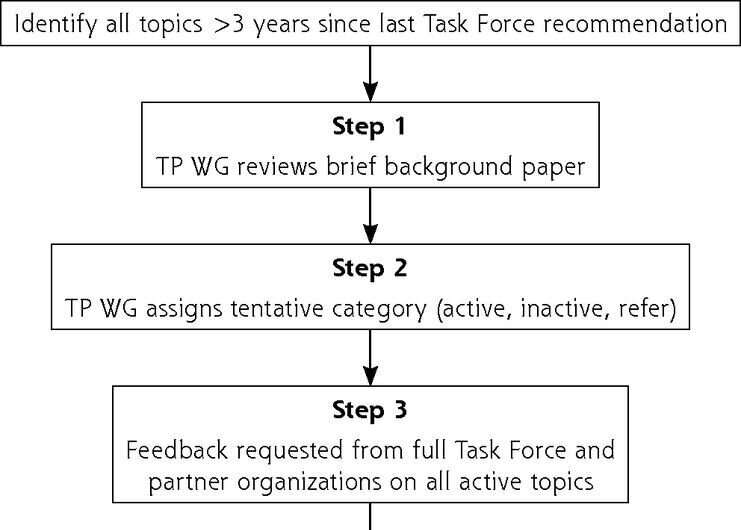This article has been reviewed according to Science X's editorial process and policies. Editors have highlighted the following attributes while ensuring the content's credibility:
fact-checked
peer-reviewed publication
trusted source
proofread
How USPSTF's current methods are evolving to address preventive health equity and identify research gaps

A team of current and former U.S. Preventive Services Task Force (USPSTF) members and staff from the Agency for Healthcare Research and Quality describe how USPSTF methods are evolving to address preventive health equity and define evidence gaps for future research. The USPSTF uses rigorous methods including comprehensive, systematic reviews addressing the benefits and harms of specific preventive services. The task force's recommendations are used by primary care clinicians and their patients to decide together which preventive strategies are right for each person.
In an article published in The Annals of Family Medicine, the team discusses how the USPSTF prioritizes topics based on disease burden; extent of new evidence; whether the service can be provided in primary care; and how, going forward, members will increasingly consider health equity. The task force uses analytic frameworks to specify key questions and linkages connecting a specific preventive service with health outcomes.
Contextual questions help provide information on natural history, current practice, health outcomes in high-risk groups, and health equity. The task force assigns a level of certainty to the estimate of net benefit of a preventive service: high, moderate, or low. The magnitude of net benefit is also judged based on whether those benefits minus harms are substantial, moderate, small or zero/negative. The USPSTF uses these assessments to assign a letter grade from "A' (recommend) to "D' (recommend against). "I' statements are issued when evidence is insufficient to recommend for or against a service.
The authors report that the USPSTF will continue to evolve its methods for simulation modeling and the use of evidence to address conditions where there is limited data for specific groups that bear a disproportionate burden of disease. Additional pilot work is underway to better understand the relationship of the social constructs of race, ethnicity and gender to health outcomes to further inform the development of a USPSTF health equity framework.
The USPSTF uses rigorous methods that include comprehensive systematic reviews addressing the benefits and harms of preventive services. The USPSTF's recommendations are for primary care clinicians and their patients. This paper describes the methodology that the USPSTF uses to makes evidence-based recommendations about preventive services to improve health for people nationwide, including Black, Hispanic/Latino, Asian and Pacific Islander, and Indigenous populations that face systemic racism, which leads to higher risks of preventable diseases and a lower likelihood of receiving appropriate preventive services, diagnostic evaluations, and treatments.
The USPSTF will continue to follow its traditional, robust critical appraisal of the evidence, while working to advance innovative methods to address conditions where there is limited data for specific, disproportionately affected groups. This evolution of methods will ensure the USPSTF continues to meet its mission of improving the health of all people nationwide.
More information: Michael J. Barry et al, Putting Evidence Into Practice: An Update on the US Preventive Services Task Force Methods for Developing Recommendations for Preventive Services, The Annals of Family Medicine (2023). DOI: 10.1370/afm.2946




















